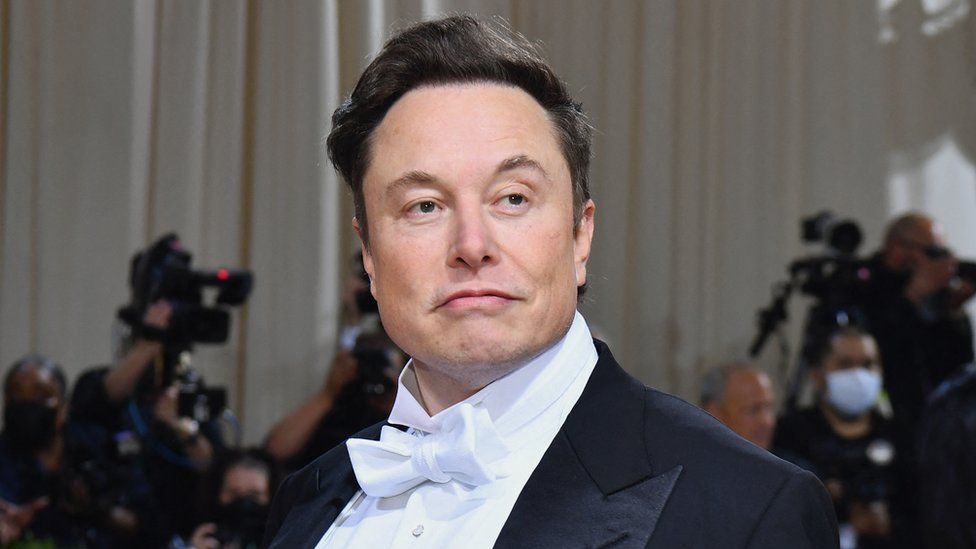Elon Musk in an interview with Vox media recommended that if civilization were to be setup in Mars, it should follow the model of direct democracy. Even the initial models of democracy on earth were direct in nature. Although they never meant universal suffrage. The Athenians had established citizen’s assembly where all citizens could participate to deliberate and vote on issues to form legislations and also hold the administration and judiciary accountable. Democratic practices were deeply entrenched in Janapads of ancient India particularly in the area of modern-day Bihar and Eastern Uttar Pradesh. It was also the most common system to elect decision making bodies in Buddhist sanghas.
Owing to the limited means of communication and the great asymmetry of power between the aristocrats and the general masses, such models were neither scalable nor sustainable for the long term. Two millennia later representative democracy was unleashed by classical liberalism after the fall of the feudal order. The model empowered regions to send their elected representatives to the capital to vote on issues of public consequences and protect the interest of respective regions. The elected representatives are human beings and though in its initial period the most enterprising and capable person from each constituency was elected, who would possess a reasonable knowledge of issues impacting their constituencies, it is never possible for them to know everything around trade, education and healthcare to take the right decision during a vote in the parliament. As society, economy and politics grew more complex, this model had to be supported by huge bureaucratic machinery and the system increasingly became reliant on people with specialized knowledge of navigating this bureaucratic order. The system became an easy subject to exploit by people who had more wealth and muscle power. While the elected representatives were in the capital, it was easy for big traders and merchants to lure them with personal favours.
The parliamentarians in the English parliament were well-aware of the ills of the East India Company’s practices that were being carried with the divine authority of the crown. Subjects like the forced indenture of Indian traders and artisans, indigo farming and opium trade, often came under the scanner but given most of those parliamentarians had immensely benefitted from the joint stock holding of the East India company, seldom was there a critique of this practice as it did not influence British subjects directly. While modern democracies have come a long way from such open practices of exploitations, the system is asymmetric and is far from the promises of equality of representation.
Instead of indirect representation, the model has transformed itself into a form where elected representatives work more as representative of political parties instead of representative of people, and the party assumes a high degree of importance in deciding electoral outcomes. Consequently branding, marketing campaign and mega personas of political leaders plays a huge role in electoral outcomes rather than the issues plaguing the local constituents. For instance, in 1977, the politicians who fought and lost on Congress’s ticket, largely faced the public ire of emergency which had nothing to do with what they were doing in their own constituency and similarly the big Congress rebound of 1980 was a mandate for Indira Gandhi and not for the candidates contesting to become the member of parliament. Today’s urban citizenry is often left to wonder as to why they need to go through such a complicated process when the internet and modern technologies of blockchain can empower them to elect the head of the states directly. Most citizens identify with the party or a persona and not with the representatives. In most cases, it is difficult to even recall their name.
Pleas and appeals to repair roads, upgrade systems of infrastructure often fall on deaf ears, whereas a direct tweet to a municipal or governing body results in immediate action. Many parties have rolled out transfer of schematic benefits to people’s doorsteps and transfer of monetary benefits directly to bank accounts. These schemes have enjoyed tremendously popular feedback as it saves the citizenry the pain of navigating the complex bureaucratic maze.
If brands can distribute their products directly to consumers using e-commerce and if automobile OEMs can contemplate to do away with dealership models and adopt direct sales to consumers, why can’t the model around governance aided with modern digital infrastructure be more direct in nature? Perhaps, the answer lies in the same reason as to why projects around smart cities that render higher transparency and accountability have turned out to be failure around most part of the world.
While nobody expects the citizenry to dictate the course of complicated topics such as waging wars, currency issuance and directing interest rate hikes. However, the Martian D2C model will certainly make the appointment of critical decision-making bodies more direct and transparent. The challenge is to boil it down from a utopian notion to a constraint-based operating model which is open to iterative adoption of changes. Iterative increments in a direct democracy would be much faster and efficient than today’s slow and complex methods of constitutional amendments. Experimental models taking into account the elements of scientific progress, culture and economic conditions can certainly render a model of direct appointment of central authorities that couples the benefits of direct-to-citizens governance. A failsafe method that keeps checkpoints on anarchic outbreaks would further legitimize the model and earn the confidence of all stakeholders. We never thought of these as we seldom had these tools, now that we have them it must be given a chance.
Ironically though, these models of democracy would not be initiated by today’s democratic nations but rather by rich autocracies and mega-dictatorships who would experiment it at local levels to strengthen their own legitimacy, but when the success becomes evident democracies would embrace these models and scale them sustainably.
Dwaipayan Chakraborty is a business consultant with EY-Global and an alumnus of IIM Shillong.

















